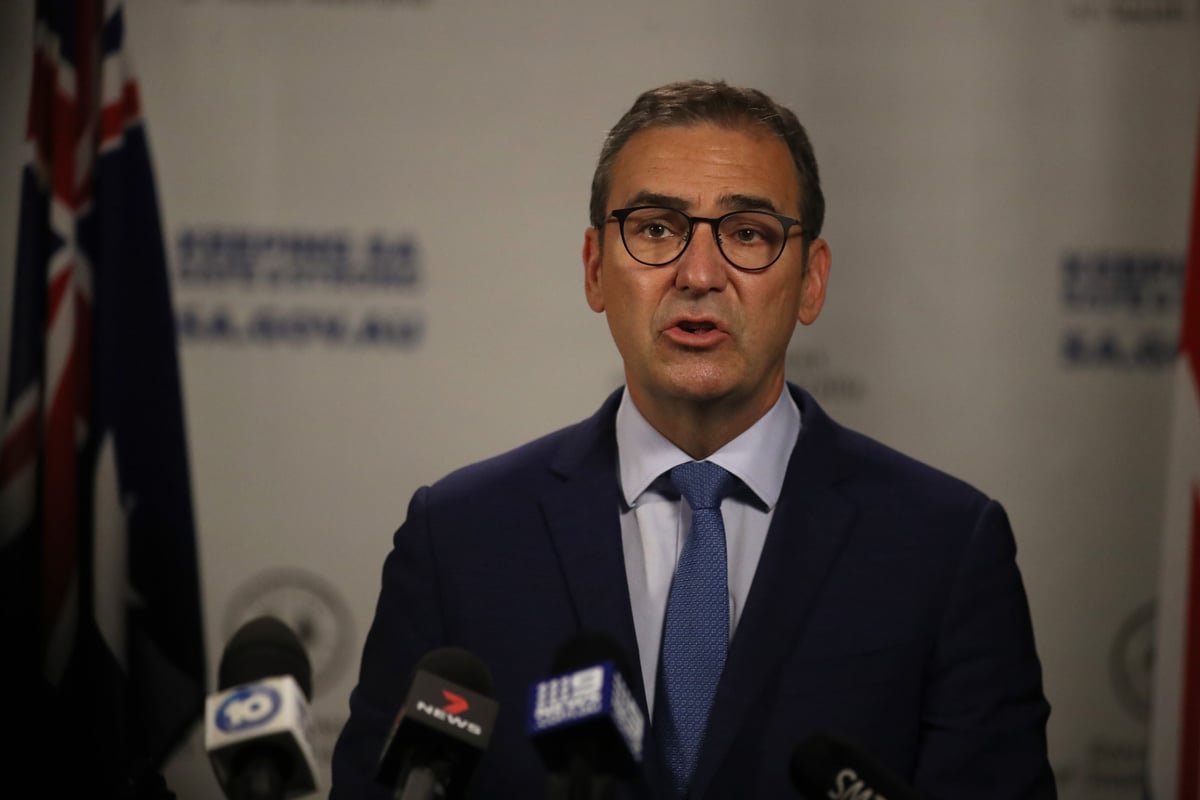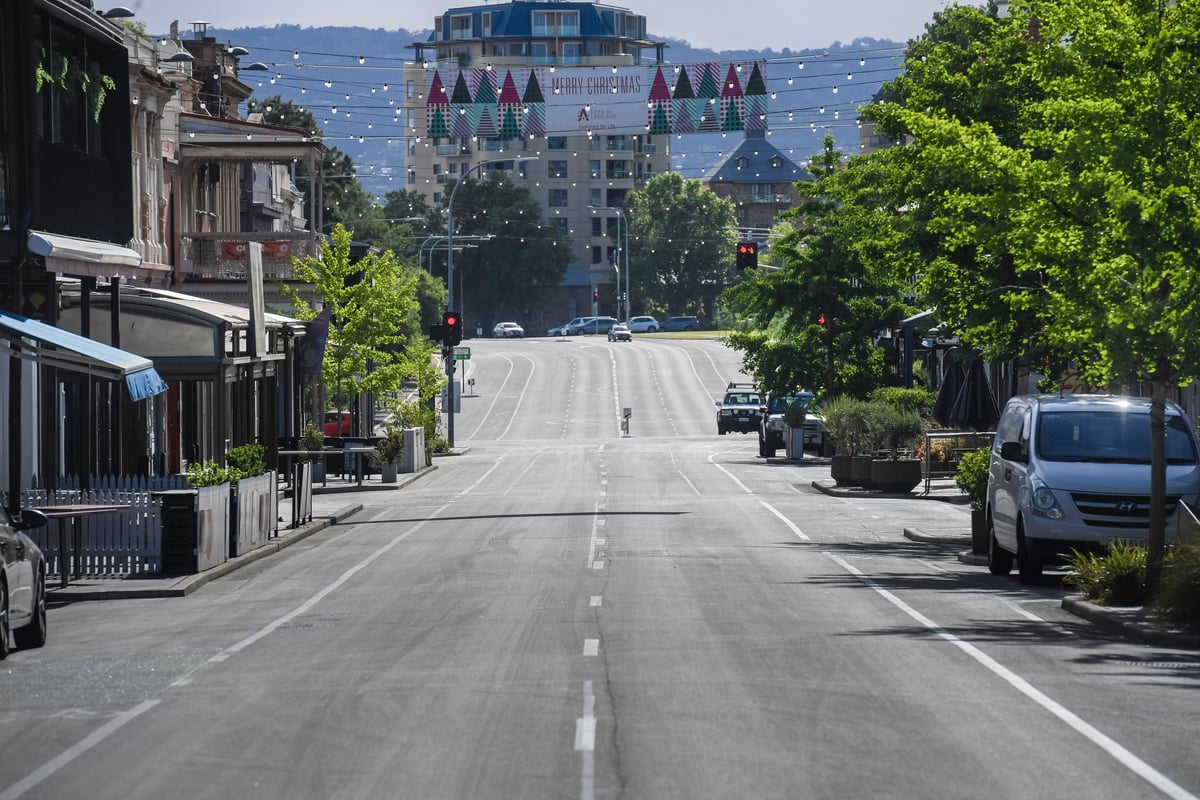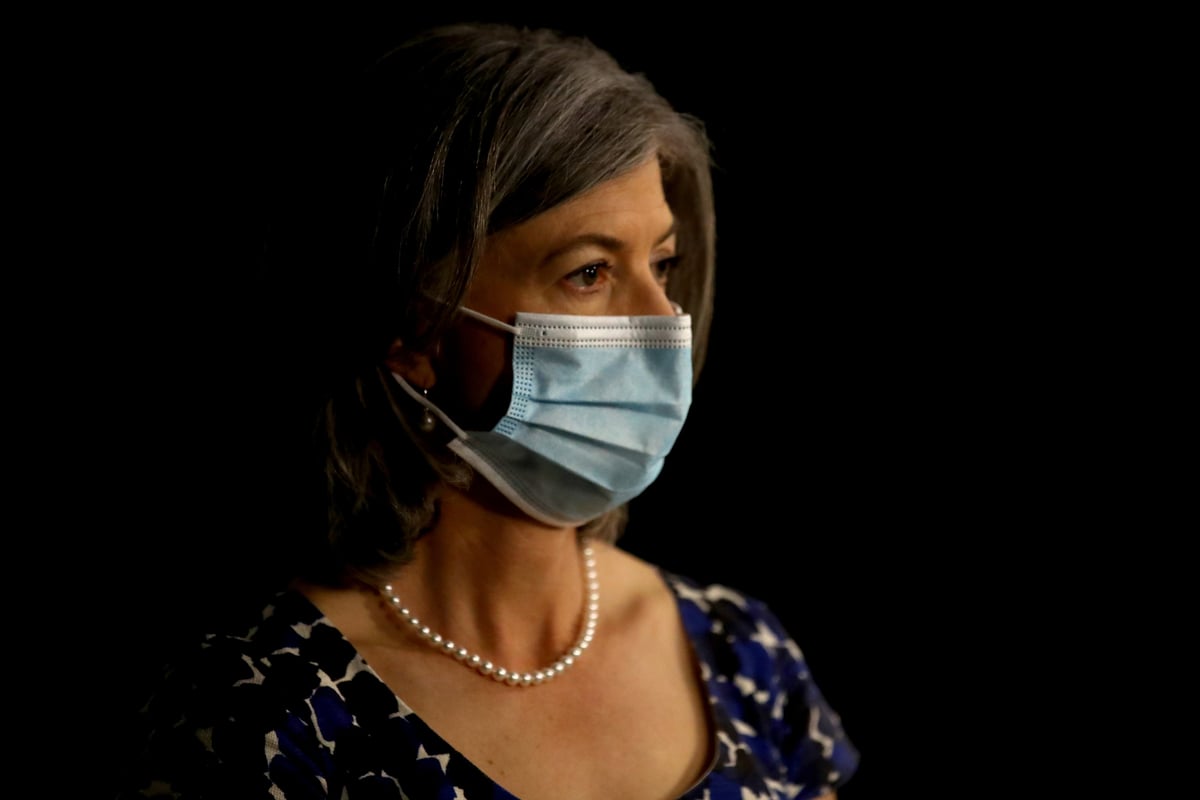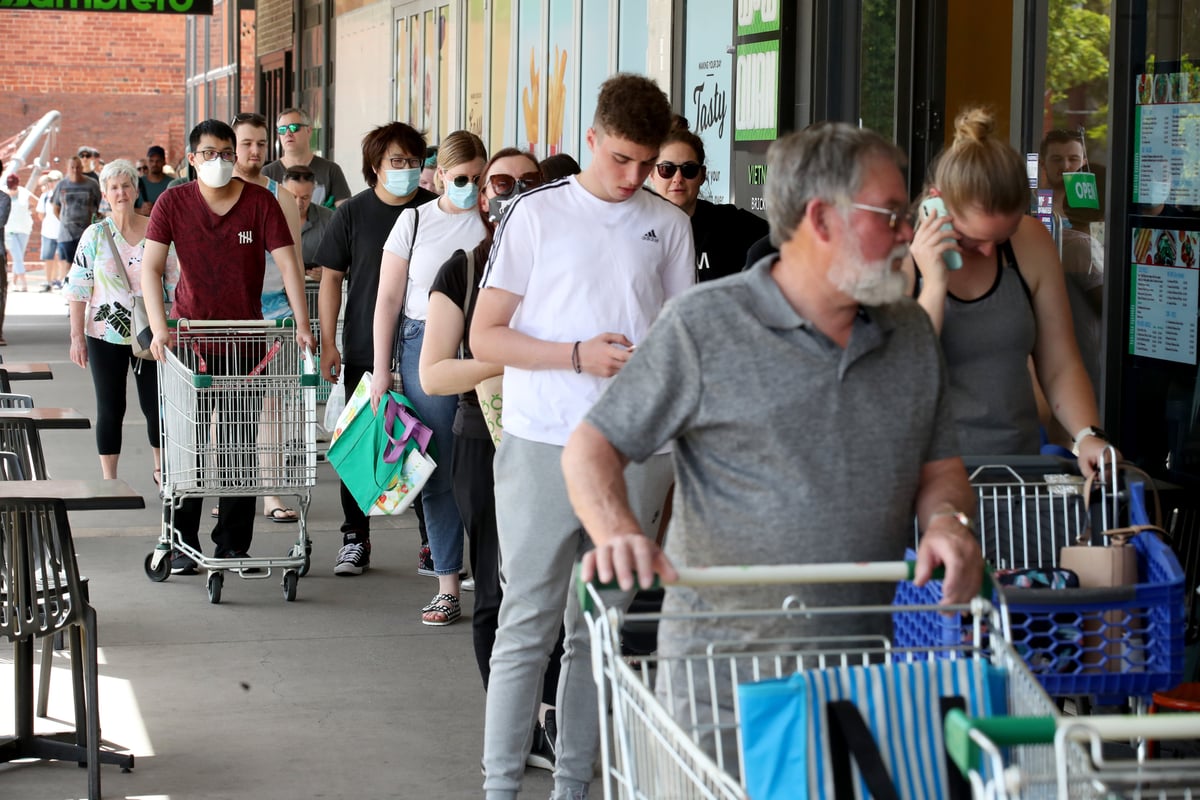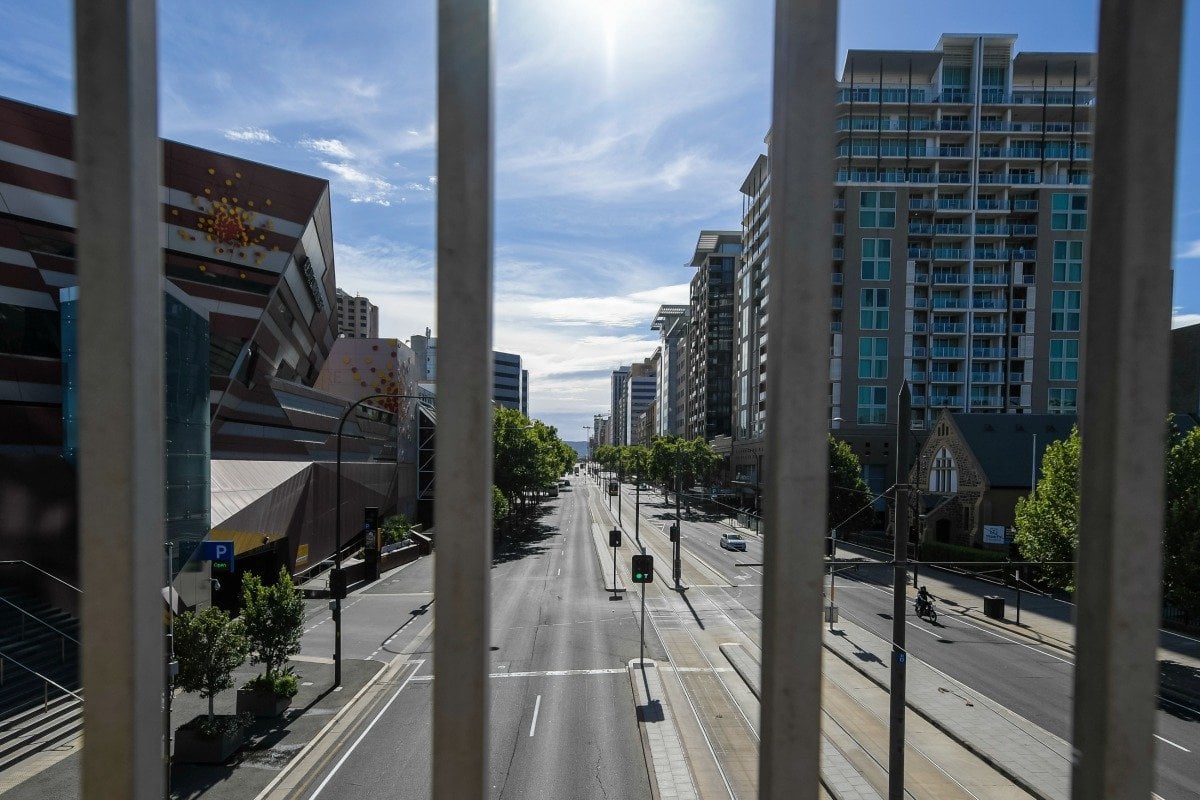
More than 1.6 million South Australians are today spending their first of six days under a strict new version of a coronavirus lockdown.
They're embarking on what the government is calling a "circuit breaker", to contain an outbreak in the northern suburbs of Adelaide after a six-month stint of no community transmission was broken over the weekend.
It all started with an ominous cough.
Watch: SA today recorded zero new cases. Post continues after video.
On Friday night an 80-year-old woman presented at Adelaide's Lyell McEwin Hospital.
A young doctor on shift that night heard the woman coughing and quickly ordered a test which came back COVID-19 positive by the Saturday morning.
Acting Chief Medical Officer Professor Paul Kelly says it was this quick thinking that was "absolutely essential in picking up that first case".
"The family member that went to that hospital and went to the Emergency Department with something else completely different, no respiratory symptoms, one of the doctors heard that person coughing and did the test and that is how we know that there’s something going on in South Australia very early," he said.

